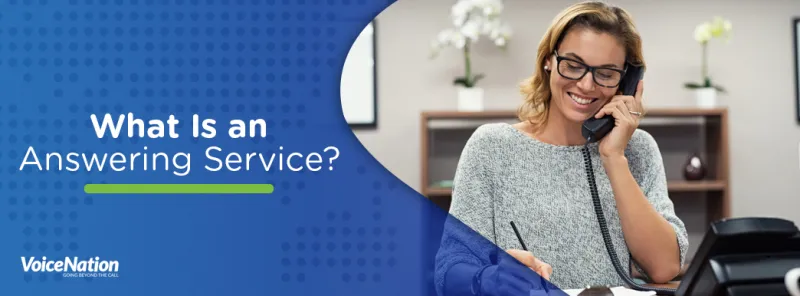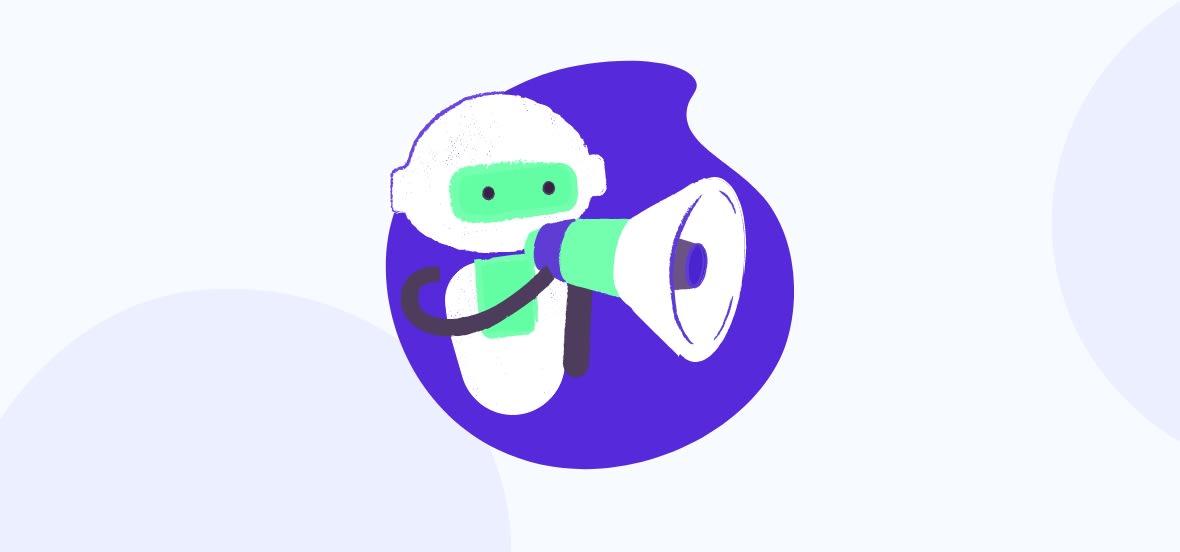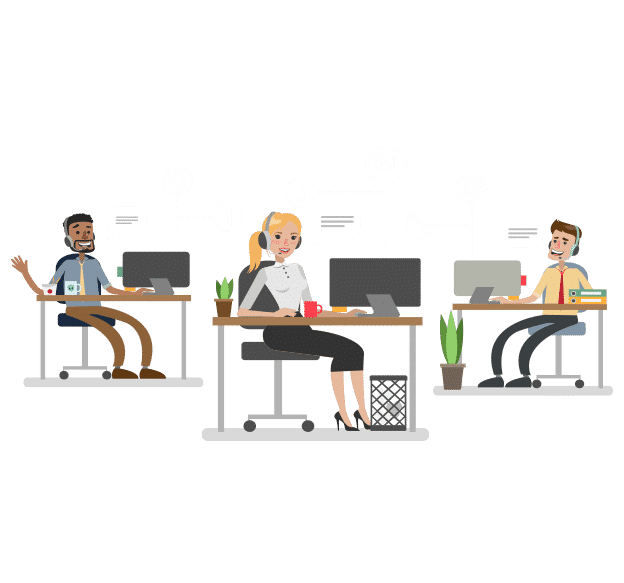All Categories
Featured
Table of Contents
- – What Is The Best How To Answer The Phone Profes...
- – What Is The Best Telephone Answering Service S...
- – Best Construction & Trades Phone Answering Ser...
- – The Best What Are Business Call Answering Ser...
- – How To Buy The Best What Is An Answering Serv...
- – Who Is The Best Phone Answering - Serviced &...
What Is The Best How To Answer The Phone Professionally (With Examples) Out Right Now
This gadget and its successors were developed by Sava Jacobson, an electrical engineer with a personal consulting company. While early voice mail used magnetic tape technology, a lot of contemporary equipment uses strong state memory storage; some gadgets use a combination of both, with a solid-state circuit for the outbound message and a cassette for the incoming messages.
"toll conserving" below) (professional phone answering service). This is beneficial if the owner is screening calls and does not want to consult with all callers. In any case after going, the calling party must be informed about the call having been responded to (most of the times this starts the charging), either by some remark of the operator, or by some welcoming message of the TAD, or resolved to non-human callers (e.
This holds specifically for the Little bits with digitally saved welcoming messages or for earlier makers (prior to the rise of microcassettes) with an unique endless loop tape, separate from a second cassette, devoted to recording. There have been answer-only devices with no recording capabilities, where the welcoming message needed to notify callers of a state of existing unattainability, or e (virtual telephone answering service).
What Is The Best Telephone Answering Service Sydney - Virtual Office Sydney Program?

about availability hours. In recording TADs the greeting typically contains an invitation to leave a message "after the beep". An answering machine that uses a microcassette to tape-record messages On a dual-cassette answerphone, there is an outbound cassette, which after the specified variety of rings plays a pre-recorded message to the caller.

Single-cassette voice mail consist of the outgoing message at the beginning of the tape and inbound messages on the remaining area. They initially play the statement, then fast-forward to the next offered area for recording, then tape the caller's message. If there are lots of previous messages, fast-forwarding through them can trigger a considerable delay.
This beep is frequently referred to in the greeting message, asking for that the caller leave a message "after the beep". TADs with digital storage for the recorded messages do not show this hold-up, of course. A little bit may provide a remote control facility, whereby the answerphone owner can sound the house number and, by entering a code on the remote telephone's keypad, can listen to recorded messages, or delete them, even when far from home.
Best Construction & Trades Phone Answering Service Shop Near Me

Thus the device increases the variety of rings after which it responds to the call (generally by 2, resulting in four rings), if no unread messages are currently stored, but responses after the set variety of rings (generally two) if there are unread messages. This allows the owner to discover whether there are messages waiting; if there are none, the owner can hang up the phone on the, e.
Some makers also enable themselves to be from another location triggered, if they have actually been turned off, by calling and letting the phone ring a particular a great deal of times (typically 10-15). Some provider abandon calls already after a smaller sized number of rings, making remote activation difficult. In the early days of Littles a special transmitter for DTMF tones (dual-tone multi-frequency signalling) was regionally required for remote control, given that the formerly used pulse dialling is not apt to convey appropriate signalling along an active connection, and the dual-tone multi-frequency signalling was executed step-by-step.
Any incoming call is not identifiable with respect to these homes in advance of going "off hook" by the terminal devices. So after going off hook the calls must be changed to suitable devices and just the voice-type is immediately accessible to a human, however maybe, however must be routed to a LITTLE BIT (e.
The Best What Are Business Call Answering Services? - Chalkboard To Get
What if I informed you that you do not have to really pick up your gadget when addressing a client call? Someone else will. So practical, ideal? Addressing phone calls does not need someone to be on the other end of the line. Effective automated phone systems can do the trick simply as efficiently as a live representative and often even better.
An automated answering service or interactive voice action system is a phone system that interacts with callers without a live individual on the line - answering service. When companies use this innovation, consumers can get the response to a concern about your company merely by utilizing interactions established on a pre-programmed call circulation.
Although live operators upgrade the consumer service experience, numerous calls do not require human interaction. An easy taped message or instructions on how a consumer can obtain a piece of information usually resolves a caller's immediate need - phone answering service. Automated answering services are an easy and reliable method to direct incoming calls to the ideal person.
How To Buy The Best What Is An Answering Service?
Notice that when you call a business, either for support or product questions, the first thing you will hear is a pre-recorded voice greeting and a series of alternatives like press 1 for customer care, press 2 for inquiries, and so on. The pre-recorded choices branch off to other options depending on the customer's choice.
The phone tree system helps direct callers to the ideal person or department utilizing the keypad on a mobile phone. In some circumstances, callers can use their voices. It deserves noting that auto-attendant alternatives aren't limited to the ten numbers on a phone's keypad. Once the caller has chosen their first choice, you can design a multi-level auto-attendant that uses sub-menus to direct the caller to the right kind of support.
The caller does not need to communicate with an individual if the auto-attendant phone system can handle their issue. The automated service can route callers to a staff member if they reach a "dead end" and need assistance from a live agent. It is expensive to employ an operator or executive assistant.
Who Is The Best Phone Answering - Serviced & Virtual Offices & Admin ... Company
Automated answering services, on the other hand, are significantly less pricey and offer considerable expense savings at approximately $200-$420/month. Even if you don't have devoted staff to handle call routing and management, an automatic answering service enhances productivity by allowing your team to concentrate on their strengths so they can more efficiently spend their time on the phone.
A sales lead routed to client service is a lost shot. If a client who has product questions reaches the wrong department or gets insufficient answers from well-meaning workers who are less trained to manage a particular type of question, it can be a reason for frustration and frustration. An automated answering system can minimize the variety of misrouted calls, thus helping your workers make much better use of their phone time while releasing up time in their calendar for other jobs.
With Automated Answering Systems, you can create a customized experience for both your personnel and your callers. Make a recording of your main welcoming, and merely update it regularly to show what is going on in your company. You can produce as numerous departments or menu choices as you desire.
Table of Contents
- – What Is The Best How To Answer The Phone Profes...
- – What Is The Best Telephone Answering Service S...
- – Best Construction & Trades Phone Answering Ser...
- – The Best What Are Business Call Answering Ser...
- – How To Buy The Best What Is An Answering Serv...
- – Who Is The Best Phone Answering - Serviced &...
Latest Posts
Fast Answering Services For Small Businesses Near Me
Reliable Answering Service Pricing (Belconnen)
Automated Answering Service ( Australia 6019)
More
Latest Posts
Fast Answering Services For Small Businesses Near Me
Reliable Answering Service Pricing (Belconnen)
Automated Answering Service ( Australia 6019)